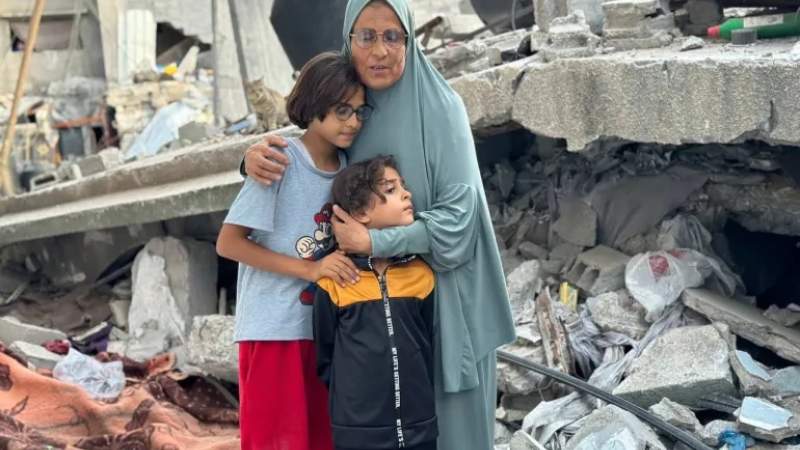Gaza’s Children Face Invisible Wounds: A Generation Growing Up in Fear, Displacement, and Trauma

Middle East: A generation of children in Gaza is growing up amid fear, rubble, and relentless trauma, as two years of devastating Israeli aggression leave deep psychological scars that outlast the bombs themselves. While global attention largely centers on reconstruction efforts, aid agencies warn that Gaza’s children are facing a mental health collapse that threatens their future.
According to UNICEF, over one million children in Gaza urgently need psychological and social support—an “unprecedented” figure globally. Behind the statistics are young faces haunted by memories of bloodshed, displacement, and loss.
UN and international agency reports from 2024–2025, including UNICEF, Save the Children, WHO, and the Gaza Community Mental Health Programme, show that Gaza’s children are experiencing chronic trauma linked to repeated displacement, the loss of loved ones, and the collapse of basic living conditions.
Studies reveal alarming trends:
- 96 percent of children feel death is close to them
- 79 percent suffer recurring nightmares
- 87 percent show acute fear
- 73 percent display aggression linked to trauma
- 49 percent express a desire to “escape life”
- Testimonies From Under the Rubble
These figures reflect an everyday reality for children living under the sound of bombs, in cold tents, and in an environment stripped of safety.
Displaced mother Abeer Sharaf from Jabalia refugee camp says her children suffer from bedwetting and night terrors: “My daughter saw a child killed with no head, she keeps asking me, ‘Mama, is this how people die?’”
For many, dreams have collapsed alongside their homes.
Ahmed Ghabban, 11, once dreamed of becoming an artist. Today, he sees colors as a luxury, and school as a distant memory.
Tasneem Abu Mahruk, 10, fears new displacement. “Safety is now just an idea,” she says.
Sundus Mansour, 11, who hoped to be a doctor, now thinks only about finding food and a safe place to sleep.
Other parents describe children showing symptoms resembling autism, hallucinations, and extreme withdrawal.
“In the absence of specialists, any psychological support is inconsistent and quickly interrupted,” says Tamara Abu Awf from Gaza City, whose daughter suffers from fevers, stress, and skin infections due to the harsh living conditions.
A Growing Crisis With Long-Term Consequences
Before the war, Gaza had several specialized mental health centers—most are now destroyed or inoperable. The World Health Organization warns that psychological needs will persist long after the aggression ends, and may even deepen.
WHO mental health adviser Dr. Khaled Saeed stresses that mental health support must be long-term: “Helping people adapt is essential in an unstable future.”
Experts caution that trauma is now being transmitted across generations, as psychologically devastated parents are unable to offer emotional stability to their children.
UNICEF warns that accumulated trauma will affect children’s cognitive and social development, increasing risks of depression, behavioral disorders, and long-term instability. The lack of shelter, food insecurity, and deteriorating sanitation—coupled with winter’s arrival—has intensified the crisis.
The agency says restoring a sense of safety for Gaza’s children requires comprehensive, sustained intervention, warning that neglecting this crisis could devastate the region's future.
Today, Gaza’s children grow up amid tents and rubble, searching for firewood instead of carrying schoolbooks, and witnessing death as a routine part of life. Yet, even in the heart of this devastation, they continue to cling to life.
Translated by Almasirah English website
-
11:16
US media reports: Two military personnel shot near White House
10:25
Levy: There are two new drone systems currently undergoing testing in the US
10:25
Levy: The drone threat now occupies a central place in the current and future battlefield, and we are working to counter it, but there is no tight cover
10:25
Levy: It is clear that the upcoming missile war will be a barrage of rockets, and the matter lies with the “Ministry of Defense” and involves several levels of the coming war
10:24
Levy: The surprise for “Israel” during the 12-day war is the boldness of the Iranians





